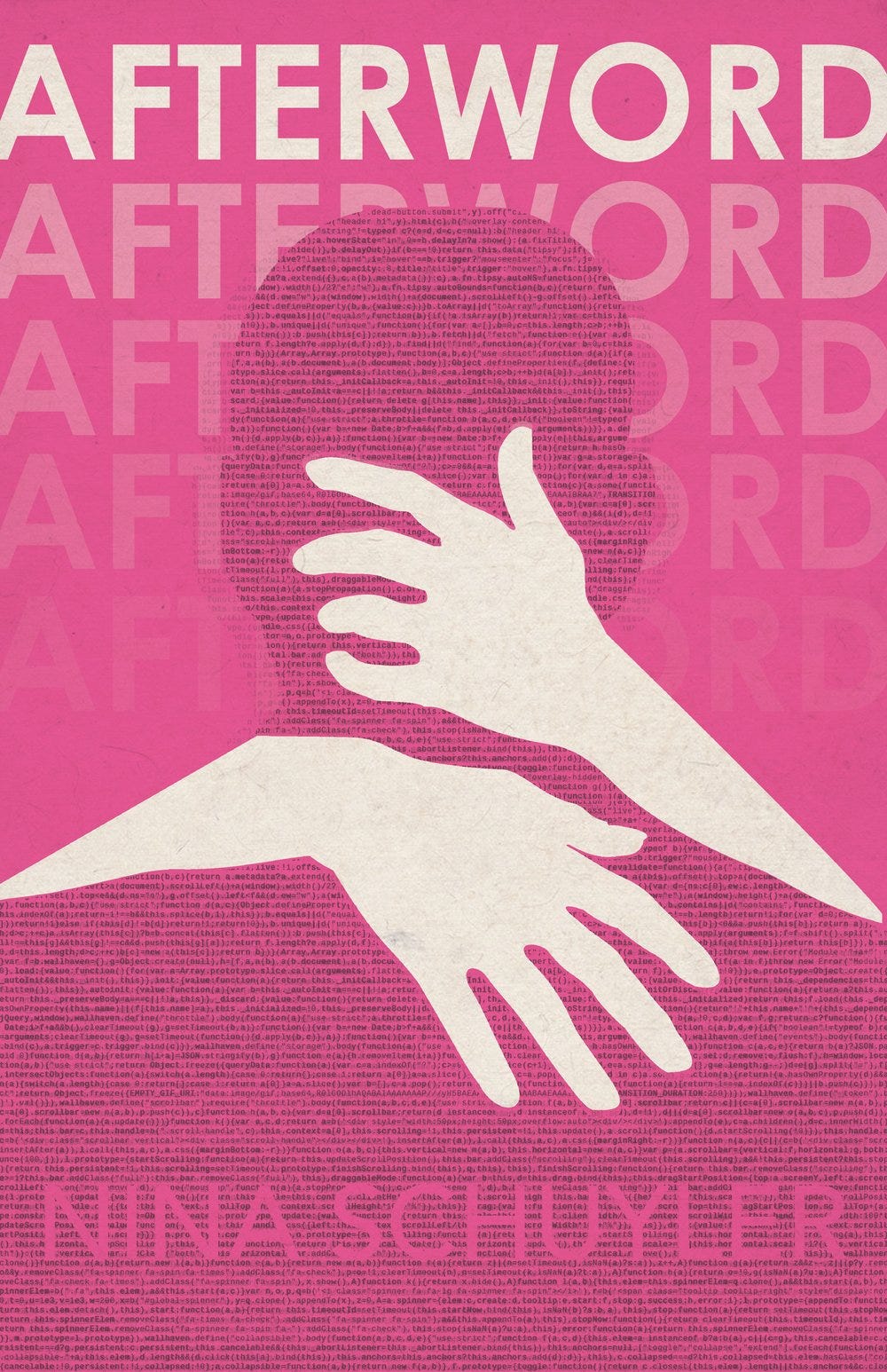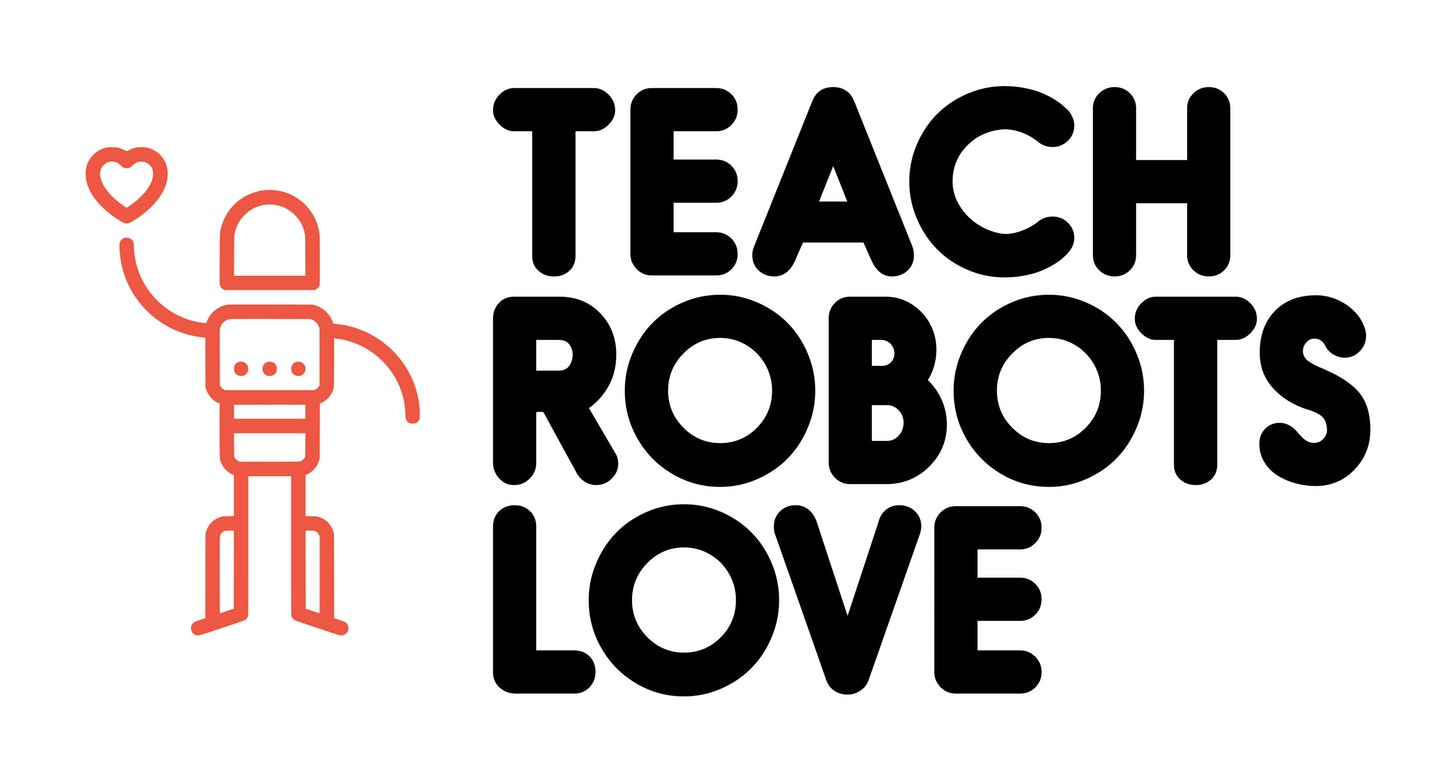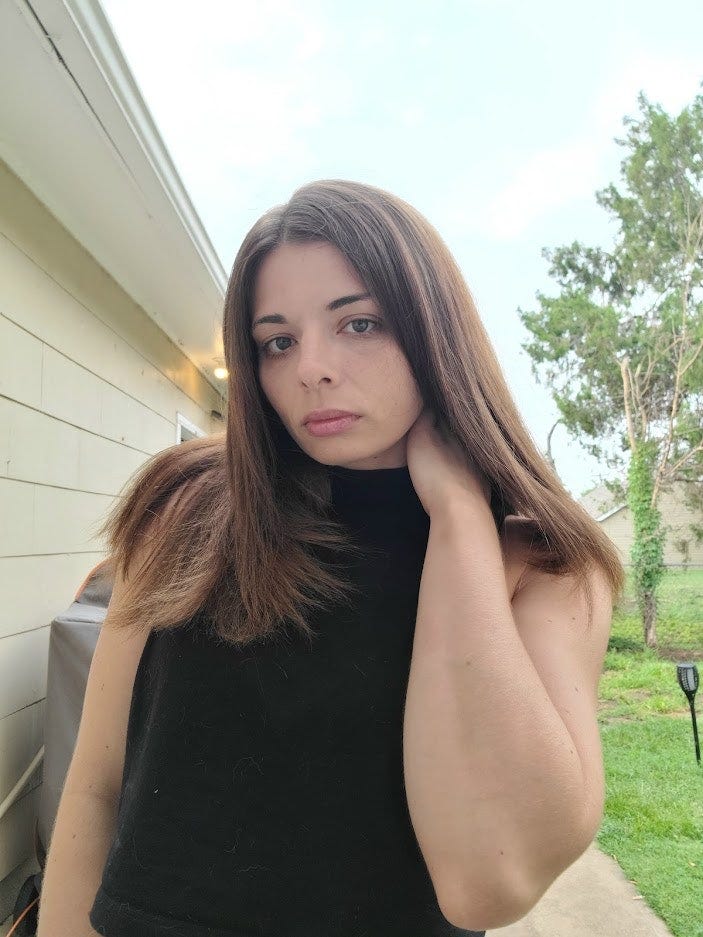Listen Through A Closed Door
An interview with the author Nina Schuyler
When CLASH sent me Afterword to read, I almost immediately knew it was a special book. It was elegant, but full of warmth. Its ideas were grand and majestic, but delivered in an intimate and personal way. It was a book like a GPU server room draped in soft, red curtains. Its humanness was never lost, which is always the danger of writing science fiction. To risk asking a cliche question, what inspired you to write this story? It’s such an interesting, insular, and singular book. I’ve never read anything quite like it.
I’ve been thinking about creativity and origin stories. I don’t think there is a singular, isolated inspiration for a novel—at least for me. It’s a mash-up, a swirling mess—events, images, ideas (I love ideas), people, bits and pieces of things, words that have stuck for whatever reason. These fragments combine and recombine in the inner world. Imagine a room full of bouncing balls ricocheting off the walls. For a long time, it’s chaotic and full of mysteries, and that makes me happy. I know I’ve got to sit in that room, balls everywhere, so much uncertainty because that’s when something interesting and original emerges.
So, here are some of the bouncing balls that led to Afterword:
Death; what makes us human?; what if we don’t die?; Jacque Lacan’s theory of the mirror process; Japan’s ease of fusing humans with technology; artificial intelligence and the trampling of human limits (including death?); my friend’s diagnosis of cancer; privacy; female mathematicians; Ada Lovelace; Eugenia Kuyda, founder of Replika; trying, trying again to make sentences sing; Virginia Woolf; the human/machine relationship; Nick Bostrom’s essay, “Are We Living in a Computer Simulation?”
There are more bouncing balls, but you get the picture.
You are a somewhat mysterious figure online. I admit that after reading your book I went and tried to find out as much as I could about you, and didn’t come up with much. Could you tell us more about yourself? Are there any facts about you that might surprise people?
I’m a pretty private person. It’s true. I need a sphere of solitude and privacy so I can think and move thoughts into language. A writer friend called it marinating. So I need a sealed inner world for marinating.
My life is, from the outside, pretty boring. I write, I walk a lot, teach creative writing, ride my bike; I have two boys, read tons, and love to take philosophy classes. I can’t seem to get enough of the philosophers. They light my brain on fire.
If you had to describe your own writing style, how would you do it? What do you want your style to achieve, and how do you want people to feel when they read your books?
I don’t think I have style, but who knows. Reading Robert Frost’s “The Sound of Sense” and teaching style in fiction profoundly changed the way I write sentences and think about them. Frost said, “The ear is the only true writer and the only true reader.” Even if you’re not reading out loud, neuroscientists have found that the auditory part of your brain lights up.
What that means is that you convey one meaning by the word itself, which represents something in the external world; and you convey another meaning by the sound of words and the syntax. Music and meaning are inseparable, and I think that’s so cool and mysterious.
What secrets does a sentence hold?
Probably the most profound aspect of all this is when you write with your ears, you’re making readers feel the sound and rhythm and this creates a reality that is undeniable. The intellect can refute, deny, justify, but the body is honest. As Toni Morrison said, “Rhythm and sound are the deep structure of fiction.” Poets know this, but as a prose writer, I had to take a circuitous route to this understanding.
If you only had to pick one book, what book do you think represents the pinnacle of style?
To the Lighthouse, by Virginia Woolf. But now I have to add As I Lay Dying, by William Faulkner, and Woolf’s Mrs. Dalloway, and Toni Morrison’s Beloved.
You’ve also written a non-fiction book called Stunning Sentences. I’ve also been reading your newsletter of the same name. I’m something of a “blue collar intellectual.” I dropped out of college, and I taught myself to write mostly through repetition, self discovery, and feel. I’m always fascinated by people who can dissect writing on its analytical, chemical composition. Do you have any advice for someone like me on how to write better sentences? Someone who’s more of a “playing by feel,” kind of writer, versus someone who diligently practices their scales.
I like to analyse things. It’s just what my brain loves to do--to take things apart and study the pieces, then put them back together by creating something new. But if you don’t like doing that, you can pay attention to sounds. Not just words, but sounds in the world. When you’re out on a walk, listen to people talk. Or the birds. Or the trucks going by. How would you write that sound? Through a closed door, listen to people talk. How would you write that? You can read your work out loud and listen to it. Is it a smooth sound? Is that what you want to create? Do you need harshness? Jaggedness? Choppiness?
Afterword had a very timely release, in conjunction with the rise of the machines. What’s your opinion on ChatGPT and how it relates to the themes in Afterword?
I live in the Bay Area where I’m surrounded by people working in tech and AI. Three of my neighbors are in the field of natural language processing, which is the basis of the language models. So long before today, when the world feels like it’s about to spin off its axis in a profound way, I was learning about computers behaving like humans, talking like humans, and successfully passing the Turing Test.
The Greek’s view of the afterlife was a shadow world, and the shades required the blood of a black ram to animate their voices. Back in 2016, I learned that soon, the animation of shades would come from code, and a synthetic Hades was on its way.
And now we’re here. Many of the themes in Afterword are the themes of our new reality: privacy, the human-machine relationship, and transcending limits, including death. When I wrote Afterword, we didn’t have what we have today: from 60 seconds of a recorded clip of someone’s voice, you can create new sentences spoken out loud from this voice.
And AI exerts tremendous pressure on what it means to be human. Another way to say this is: what must we retain to stay human? Will we adopt AI’s values of efficiency and productivity, giving up all our other values?
So far, the Large Language Models released to the public are passive. They wait for a prompt. They appear obedient, benign, helpful.
But soon—and this exists now, but they haven’t released it (though by the time this is published, it might be out)—we’ll have AI that has agency. This is one definition of being human. You give it a task—rent a car, buy a new coat—and it will figure out a plan and make a payment for you. With a sample of your voice, it can imitate you and make calls and book appointments. When I wrote Afterword, the language models couldn’t do this, but I gave Haru, the voice of Virginia’s dead husband, agency.
It’s advancing even as I write this. I find it fascinating and frightening and full of the unknown; there’s so much uncertainty right now because no one really understands what’s going on inside the black box that is AI, and that, too, is a theme running through my novel.
You can Pre-order Afterword either on the CLASH website or on Amazon.
Have you been enjoying the newsletter? Consider subscribing below or getting a paid subscription to support the continual survival of this newsletter and all my bad habits. You can also buy my books on Amazon or the CLASH website.
The Teach Robots Love Newsletter is a reader-supported publication. To receive new posts and support my work, consider becoming a free or paid subscriber.







Great interview.
You're so good at this. Meaningful questions. I normally don't read interviews too often but I see I've missed out on some good conversation that's part of a larger conversation.